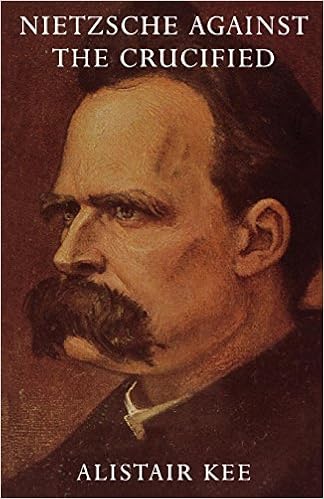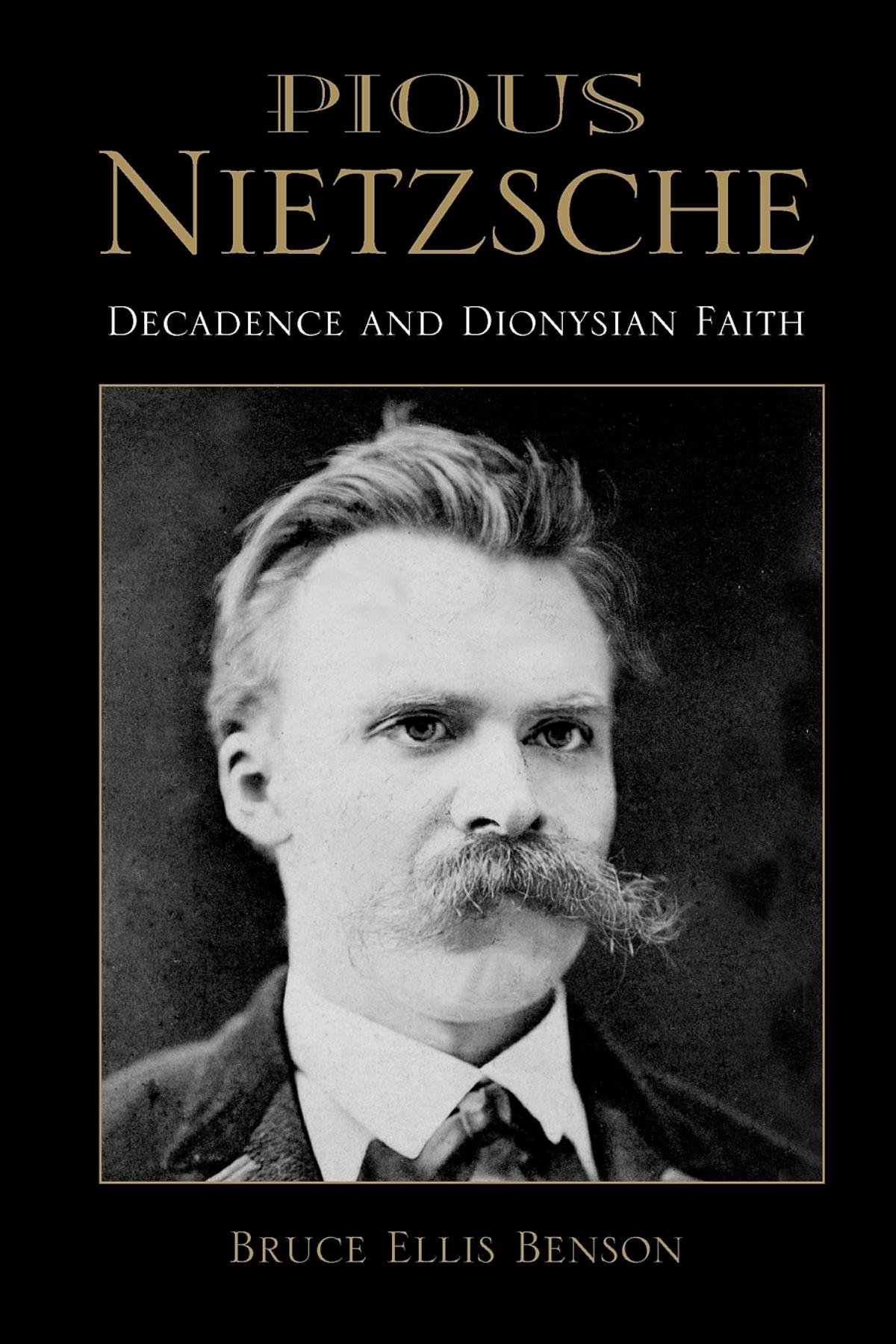Being some things discussed over at the Crackers and Grape juice podcast. The episode is Mother of the Debilitated God. They run a good show over there.
Thursday, December 20, 2018
Monday, December 10, 2018
#Emptiness
 On the occasion of the 50th anniversary of the death of Thomas Merton (who saved my faith in more ways than one), and prompted by twitter CEO's thoughtless (his description not mine) meditation exploits in Myanmar, here is Merton on true and false emptiness in his last book, Contemplative Prayer (1969):
On the occasion of the 50th anniversary of the death of Thomas Merton (who saved my faith in more ways than one), and prompted by twitter CEO's thoughtless (his description not mine) meditation exploits in Myanmar, here is Merton on true and false emptiness in his last book, Contemplative Prayer (1969):A person [cannot] become a contemplative merely by "blacking out" sensible realities and remaining alone with himself in darkness. First of all, one who does this of set purpose, as a conclusion to practical reasoning on the subject and without an interior vocation simply enters into an artificial darkness of his own making. He is not alone with God, but alone with himself. He is not in the presence of the Transcendent One, but of an idol: his own complacent identity. He becomes immersed and lost in himself, in a state of inert, primitive and infantile narcissism. His life is "nothing," not in the dynamic, mysterious sense in which the "nothing," nada, of the mystic is paradoxically also the all, todo, of God. It is purely the nothingness of a finite being left to himself and absorbed in his own triviality....
An emptiness that is deliberately cultivated, for the sake of fulfilling a personal spiritual ambition, is not empty at all: it is full of itself. It is so full that the light of God cannot get into it anywhere; there is not a crack or a corner left where anything else can wedge itself into this hard core of self-aspiration which is our option to live centered in our own self. Such "emptiness" is in fact the emptiness of hell. And consequently anyone who aspires to become a contemplative should think twice before he sets out on the road. Perhaps the best to become a contemplative would be to desire with all one's heart to be anything but a contemplative; who knows?
Actually, there is no such entity as pure emptiness, and the merely negative emptiness of the false contemplative is a "thing," not a "nothing." The "thing" that it is is simply the darkness of self, from which all other beings are deliberately and of set purpose excluded....
But true emptiness is that which transcends all things and yet is immanent in all. For what seems to be emptiness in this case is pure being. Or at least a philosopher might so describe it. But to the contemplative is is other than that. It is not this, not that. Whatever you say of it, it is other than what you say. The character of emptiness, at least for a Christian contemplative, is pure love, pure freedom.... It is love for love's sake. It is a sharing, through the Holy Spirit, in the infinite charity of God... This purity, freedom and indeterminateness of love is the very essence of Christianity. It is to this above all that all monastic prayer aspires.Of course Merton reserves his most severe words for Christians. But if the above passage is too Christian for you, take it up with Merton's friend Thich Nhat Hanh who wrote the book's glowing introduction (and who might know a thing or two about Buddhism).
May the Lord have mercy on us all.
Friday, December 07, 2018
Fun with Nietzsche
I miss Bruce Benson. He has moved on from Wheaton, but the best of his influence endures here, as does the influence of other former Wheaton professors like Dennis Ockholm, Alan Jacobs, or Ashley Woodiwiss. If someone were to write about the recent history of this particular center of Christian learning, none of these figures, Bruce especially, could be left out. Here he is in his relentlessly fair book, Pious Nietzsche:
 These brief quotes to not do justice to the tenor and scope of the book. For a more straightforward, analytic approach, Alistair Kee's Nietzsche Against the Crucified is equally good, successfully arguing that "Nietzsche has exercised a more profound and positive influence on Christians as a critic of religion than he ever could have as a local pastor" (11). It might seem odd to toggle from Nietzsche's anti-Christian statements to his more favorable observations, but as Nietzsche himself put it, "This thinker needs no one to refute him: he does that for himself." Ecce Homo famously concludes: "Have I been understood? Dionysos against the Crucified." And Kee's interpretation - sustained and well documented - is memorable:
These brief quotes to not do justice to the tenor and scope of the book. For a more straightforward, analytic approach, Alistair Kee's Nietzsche Against the Crucified is equally good, successfully arguing that "Nietzsche has exercised a more profound and positive influence on Christians as a critic of religion than he ever could have as a local pastor" (11). It might seem odd to toggle from Nietzsche's anti-Christian statements to his more favorable observations, but as Nietzsche himself put it, "This thinker needs no one to refute him: he does that for himself." Ecce Homo famously concludes: "Have I been understood? Dionysos against the Crucified." And Kee's interpretation - sustained and well documented - is memorable:
Nietzsche's [geneology] works well if one considers certain elements of Christian history and not others. Speaking of Nietzsche, the German satirist Kurt Tucholsky joked: "Tell me what you need, and I'll supply you with the right Nietzsche quotation." Similar things are often said about the Bible - and everything becomes far more complicated once we talk about the entity "Christianity" and its history. For there have been "Christians" who could fit just about any description. Paraphrasing only slightly, one could say: "Tell me how you want to portray Christianity, and I'll provide you with the right examples." Have there been "Christians" obsessed with sin, unconcerned about the body, cruel to themselves and others because of ressentiment, gloomy, against pride, freedom, and courage, and even the joy of the senses? Of course....As Coppleston pointed out so long ago, Nietzsche's claim that Christianity is world-denying is better aimed at Manicheanism. But Bruce has fun taking that point further:
But one can just as easily come up with other examples of Christians who do not hate themselves or their bodies or those who are not Christians, or courage or the sense or joy. Nietzsche has deliberately painted a rather radical picture of hatred and self-denial. While painting such a vivid portrait works well in communicating the failings of a religion, its great disadvantage is that it is a portrait that is so easy to pillory. That Nietzsche is able to find some examples that fit the description lends at best partial credence to it. Otherwise, he provides remarkably little support. If his is to be a convincing revisionist history, he needs considerably more examples - and better ones than those he has (152-153).
The resurrection is all about the eternal "Yes." It is God's "Yes" to the world. Thus, Norman Wirzba is right when he says, "Nietzsche is united with Christianity in his quest to affirm life," though Nietzsche is clearly unable to see that connection. That Jesus is resurrected bodily is an especially strong affirmation of the body. Further, what Nietzsche misses is that the Christian notion of redemption is not merely about the world to come, it is as much about this world. As the theologian N.T. Wright puts it, "The resurrection, in the fully Jewish and Christian sense, is the ultimate affirmation that creation matters, that embodied human beings matter." Nietzsche is certainly welcome to his "otherworldly" interpretation of the resurrection - and there have been plenty of theologians and believers throughout the past two millennia who have tended in that direction - but his interpretation clearly goes against orthodox Christianity. To say that the cross is the condemnation of life on earth is simply a gross misunderstanding. Whether it is likewise for Nietzsche a willful misunderstanding is a question that cannot be answered, even though it must be posed (136).
 These brief quotes to not do justice to the tenor and scope of the book. For a more straightforward, analytic approach, Alistair Kee's Nietzsche Against the Crucified is equally good, successfully arguing that "Nietzsche has exercised a more profound and positive influence on Christians as a critic of religion than he ever could have as a local pastor" (11). It might seem odd to toggle from Nietzsche's anti-Christian statements to his more favorable observations, but as Nietzsche himself put it, "This thinker needs no one to refute him: he does that for himself." Ecce Homo famously concludes: "Have I been understood? Dionysos against the Crucified." And Kee's interpretation - sustained and well documented - is memorable:
These brief quotes to not do justice to the tenor and scope of the book. For a more straightforward, analytic approach, Alistair Kee's Nietzsche Against the Crucified is equally good, successfully arguing that "Nietzsche has exercised a more profound and positive influence on Christians as a critic of religion than he ever could have as a local pastor" (11). It might seem odd to toggle from Nietzsche's anti-Christian statements to his more favorable observations, but as Nietzsche himself put it, "This thinker needs no one to refute him: he does that for himself." Ecce Homo famously concludes: "Have I been understood? Dionysos against the Crucified." And Kee's interpretation - sustained and well documented - is memorable:"Have I been understood?" A meaningless, unnecessary question - if Neitzsche was indeed the enemy of Christ crucified... Why then was this redundant question asked [three times by the greatest master of the German language to date!] if not that at the end Nietzsche took fright at the thought that some gullible, misguided, immature young mind might read the motto - and believe it!" (3, 174).Both Benson and Kee are deeply serious, and neither succumb to Christian cheap shots leveled toward a great thinker who - being dead - can't fight back. In particular, Benson's concluding insight is hard-earned, and especially instructive: "To be able to affirm even Christianity - against which [Nietzsche] has railed so vehemently - is finally to become truly Dionysian - and to have left all ressentiment behind" (215).
Subscribe to:
Posts (Atom)

